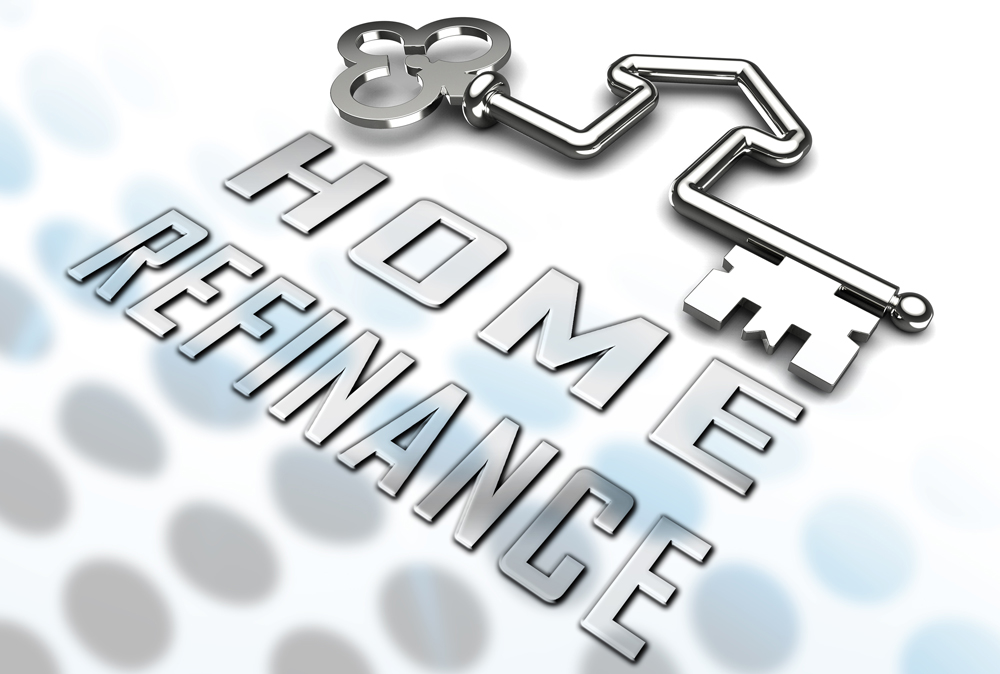How to Protect Against Your Own Protection
Chances are, you probably spend thousands of dollars per year on some combination of car, homeowners, renters, life, disability, or business insurance. The insurer creates these policies first and foremost with the goal of maximizing profitability. Because they make their money in the same way as a bank – investing in stocks, bonds, etc. – the odds aren’t always stacked in your favor when catastrophe strikes, when you need to make a claim, or when you search for new policies.
You see, by using complex and confusing language, and delaying payments to claimants — they can save money on investment profits. And this is the reason you sit on the wrong end of an uneven playing field against your insurance providers. Below are some ways to hold your ground and better understand your options:
1) The Cost of Convenience
Since consumers are more inclined to pay monthly, quarterly, or bi-annually – insurers allow a fractional payment option as an alternative to paying the full insurance premium upfront. But the major downside is the “fractional premium fee” they charge. Policyholders are left to calculate the interest rate on their own, which can be confusing and misleading if you aren’t finance-savvy. Another downside is the late-payment penalty fee, which can lead to the cancellation of your policy.
To avoid getting slapped with unexpected fees or a cancellation of your policy, ask about fractional premium fees upfront, to see if they make sense for you, or if it is better to pay in full from the start.
2) Credit Scores Affect Your Car Insurance Premiums
Car insurers believe there is a correlation between your credit score and the likelihood that you will file a claim. Using credit information, they compute “insurance risk scores” to assess the risk factors for policyholders. Check your state’s regulations; some have banned the use of credit-based insurance scoring, such as California and Massachusetts, but most still give insurers access to your credit information such as the state of Michigan.
3) You Must Officially Cancel A Policy When Switching Insurers
Tread carefully when switching insurance providers. You may be able to cancel your current coverage at anytime if you notify them of a cancellation date, but make sure to ask about cancellation fees to be certain. If you simply ignore the next bill, you put your credit score at risk if they choose to cancel your policy for nonpayment. When scheduling the cancellation date of the original policy, make it no later than the effective start date for your new policy, to eliminate any gap period of non-coverage.
4) Your Location Could Save You Money
Do you feel safe at home? We hope so, and if your insurer feels safe too, it could equal savings for you. Whether you live near a fire department or a police station, in a gated community, or own a home security system, don’t forget to mention these details when shopping for policies.
5) How Ambiguity Helps You
Interpreting an insurance policy is meant to be complex. Given your limited time and resources, the providers bank on (quite literally) your minimal knowledge and likelihood to understand your rights to a payout. Insurers will deny payout, claiming the policy coverage wasn’t crystal clear. According to Fight Bad-faith Insurance Companies, you are protected as a policyholder, and providers are obligated to pay the claim if coverage or exclusions are unclear.
If you’re confused about any of your coverage, or if you’d like to ensure you have the right coverage – contact us for a review. Compass Insurance Agency is an independent company that partners with over 17 A-rated insurance companies to get you the lowest rates. This variety of available policies means we can adjust and adapt to your lifestyle and needs.




